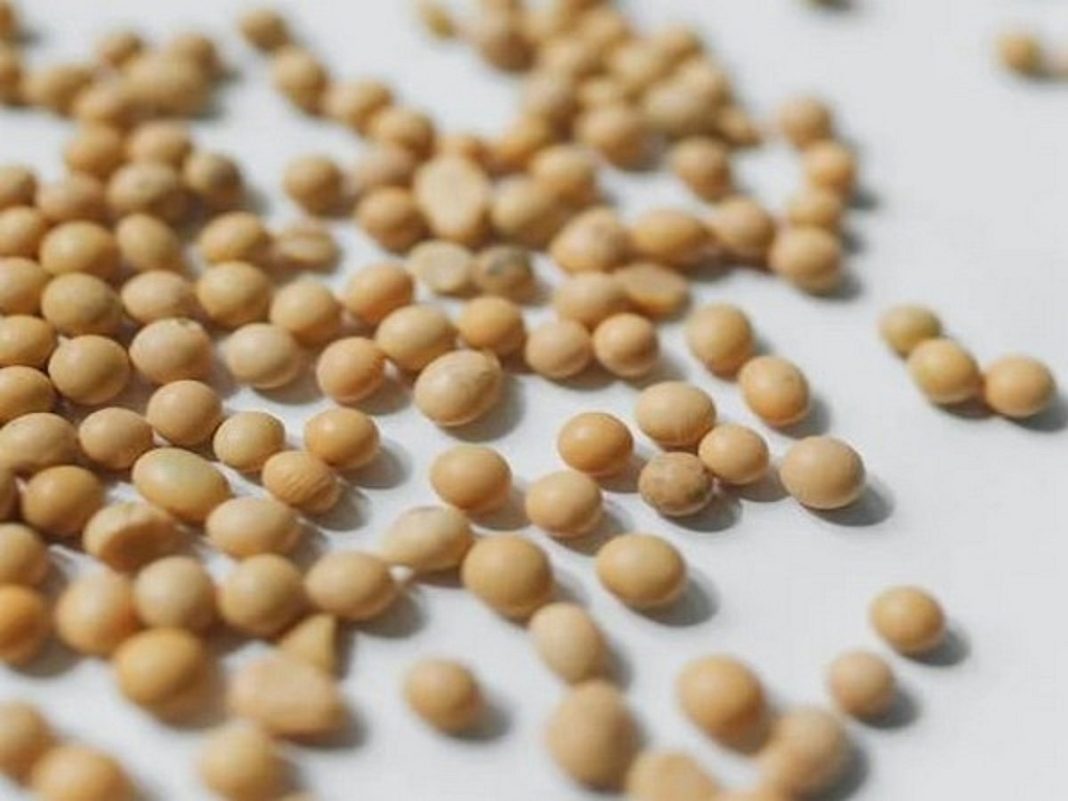Key Takeaways
- India’s $1.11 billion soymeal export industry faces threat from proposed GM imports
- Non-GM status gives Indian products premium pricing in European markets
- Industry warns of damage to export competitiveness and farmer incomes
Indian soybean exporters are sounding alarm bells over government plans to allow genetically modified (GM) soymeal imports from the United States, warning this could destroy the country’s hard-earned export advantage built on its non-GM reputation.
The Soybean Processors Association of India (SOPA) has formally objected to the proposal, stating it would undermine India’s credibility as a reliable source of non-GM soy products in international markets.
Premium Non-GM Status at Risk
Indian soya products command premium prices in key markets like Europe specifically because they are produced from non-genetically modified raw materials. This distinction has become India’s unique selling proposition against major competitors like Argentina and Brazil.
“All Indian soy products are non-GM because our basic raw material is non-GM. Indian soy-based food products are imported mainly for their non-GM character,” emphasized DN Pathak, Executive Director at SOPA.
Export Competitiveness Under Threat
India exported $1.11 billion worth of soymeal in 2023, ranking as the world’s fifth-largest exporter. The country maintained its fourth position globally in 2023-24, trailing only Argentina, Brazil, and the United States.
The European Union remains the largest importer of Indian soymeal, followed by Indonesia, Vietnam, and the Philippines. European markets pay significantly higher prices for non-GM products, giving Indian exporters an edge despite higher costs.
Farmer Incomes and Market Position
SOPA’s letter to the Commerce Ministry highlighted that GM soymeal imports would further depress prices for domestic farmers, who already struggle to sell their produce above Minimum Support Price levels.
Dr Davish Jain, Chairman of SOPA, warned: “If GM Soymeal is imported into India, we will lose our exclusive non-GM SBM USP in the international market, thereby exports would also be adversely affected.”
An industry exporter noted: “Indian soya products get an edge over Latin American exporters in the European market despite being costlier because of our non-GM tag. With GM soya meal imports, this advantage could disappear.”




